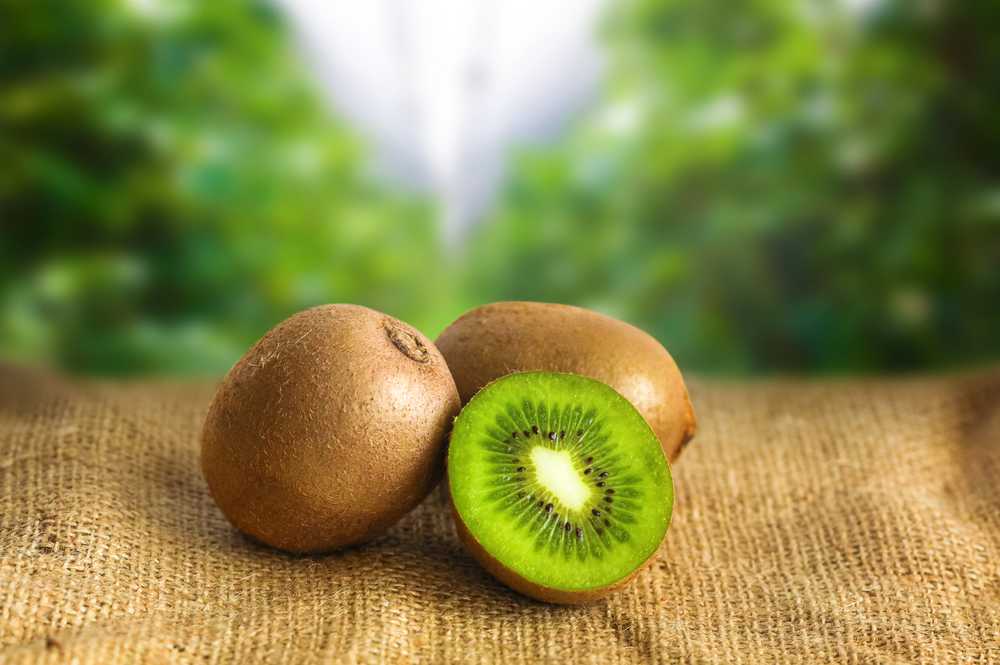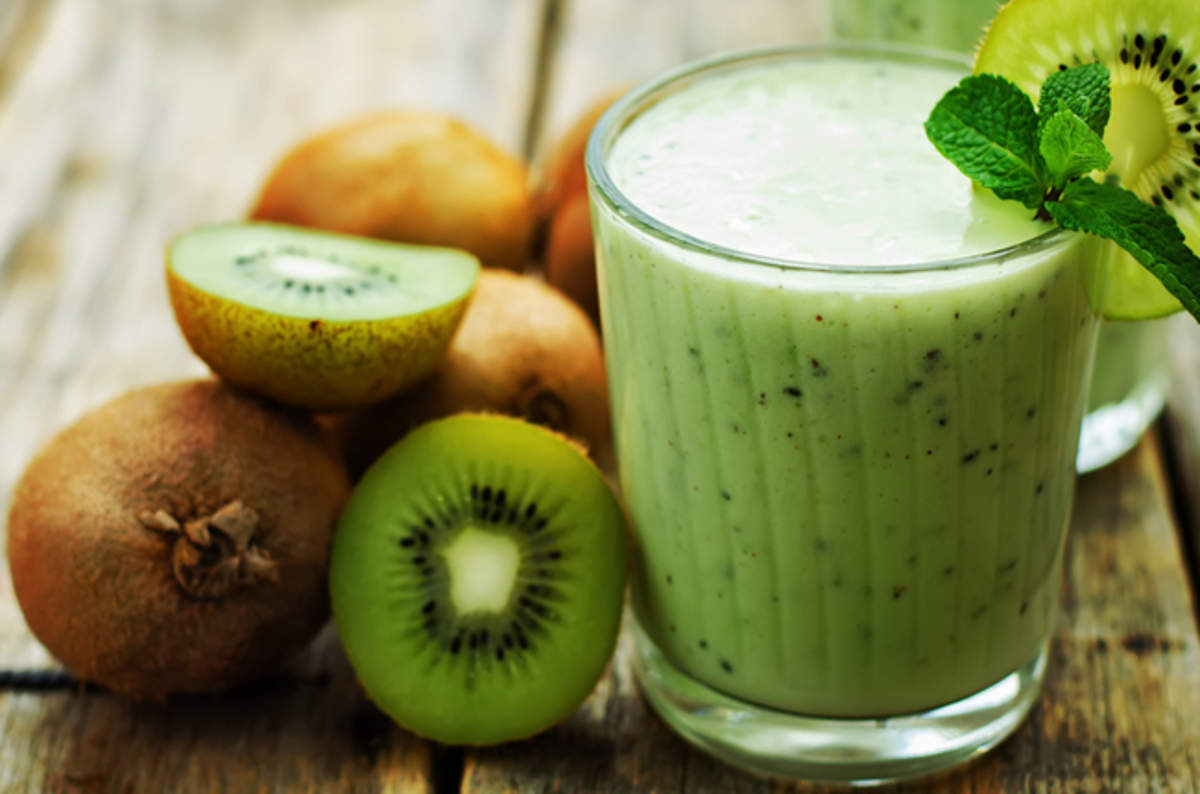A Deep Dive Into Kiwi Cultivation: Introducing the Strategies, Difficulties, and Possible for Sustainable Farming
In this article, we will take you on a deep dive right into the strategies, obstacles, and capacity for sustainable farming in the world of kiwis. Discover the ideal expanding problems, cutting-edge growing techniques, and the lasting methods that can open the complete possibility of kiwi farming.
Optimal Expanding Conditions for Kiwi Plants

Cutting-Edge Cultivation Methods
GPS modern technology permits for exact mapping and tracking of the kiwi vines, maximizing watering and fertilization methods to make certain that each plant receives the essential nutrients and water. One more advanced technique is vertical farming, which entails expanding kiwi plants in stacked layers using man-made lights and climate-controlled environments. By embracing these sophisticated methods, kiwi farmers can attain greater efficiency, enhance source application, and add to sustainable farming techniques.
Challenges Dealt With by Kiwi Farmers
Dealing with countless challenges, kiwi farmers must navigate through different barriers to guarantee successful cultivation and sustainable farming practices. Kiwi plants call for a details climate to thrive, with awesome winters and warm summer seasons.
An additional significant difficulty for kiwi farmers is illness and insects. Kiwi vines are at risk to a series of bugs, including termites, aphids, and thrips, which can harm the fallen leaves and fruit. In addition, conditions like Psa (Pseudomonas syringae pv. actinidiae) and botrytis can significantly impact kiwi manufacturing. Farmers have to utilize integrated insect management methods, such as normal tracking, organic control techniques, and appropriate sanitation, to handle and avoid pest and disease break outs.
Kiwi growing calls for labor-intensive tasks, such as trellising, trimming, and harvesting. Discovering experienced laborers who are well-informed concerning kiwi farming techniques can be difficult.
Lasting Farming Practices for Kiwi Farming

To guarantee lasting kiwi cultivation, you can apply a range of methods that promote environmental stewardship and lasting stability of your ranch. Kiwi plants require a significant quantity of water, yet extreme irrigation can lead to water waste and soil erosion. Adopting lasting power methods, such as utilizing solar power or investing in energy-efficient technologies, can lower your ranch's carbon impact and add to a more sustainable kiwi growing system.
Opening the Possible of Kiwi Farming
By applying sustainable farming methods, you can unlock the complete possibility of kiwi farming while decreasing ecological impact. Kiwi farming has enormous capacity for development and earnings, however it also includes its very own collection of obstacles. To fully open this capacity, it is critical to take on lasting strategies that not just take full advantage of yield and high quality however also guarantee long-term practicality.
One key aspect of unlocking the possibility of kiwi farming is maximizing irrigation techniques - what do kiwis taste like. Kiwi plants call for a details quantity of water to prosper, and by utilizing effective irrigation systems such as drip irrigation or accuracy lawn sprinklers, you can reduce water waste and reduce the risk of waterlogging or dirt erosion
Another important variable is dirt health and wellness management. Productive and healthy dirt is necessary for the growth and development of kiwi plants. By applying methods such as cover go to this website cropping, plant rotation, and natural fertilizing, you can enhance soil framework, enhance nutrient accessibility, and reduce the demand for chemical inputs.
Moreover, integrated parasite monitoring (IPM) methods are vital in unlocking the potential of kiwi farming. By taking on IPM techniques such as organic bug control, pheromone catches, and crop surveillance, you can successfully take care of insects and conditions while minimizing making use of chemical pesticides.
Verdict
In final thought, kiwi growing holds terrific prospective for sustainable farming methods. With optimal expanding problems and a focus on lasting techniques, kiwi farming can thrive while reducing environmental effect.
Discover the optimal growing problems, innovative cultivation strategies, and the sustainable methods index that can unlock the full possibility of kiwi farming. By accepting these innovative techniques, kiwi farmers can attain greater productivity, enhance resource use, and add to lasting farming methods.
Encountering various difficulties, kiwi farmers must navigate through different obstacles to guarantee successful cultivation and sustainable farming methods.By applying lasting farming Related Site methods, you can unlock the complete possibility of kiwi farming while reducing ecological impact.In verdict, kiwi growing holds great prospective for sustainable farming practices.